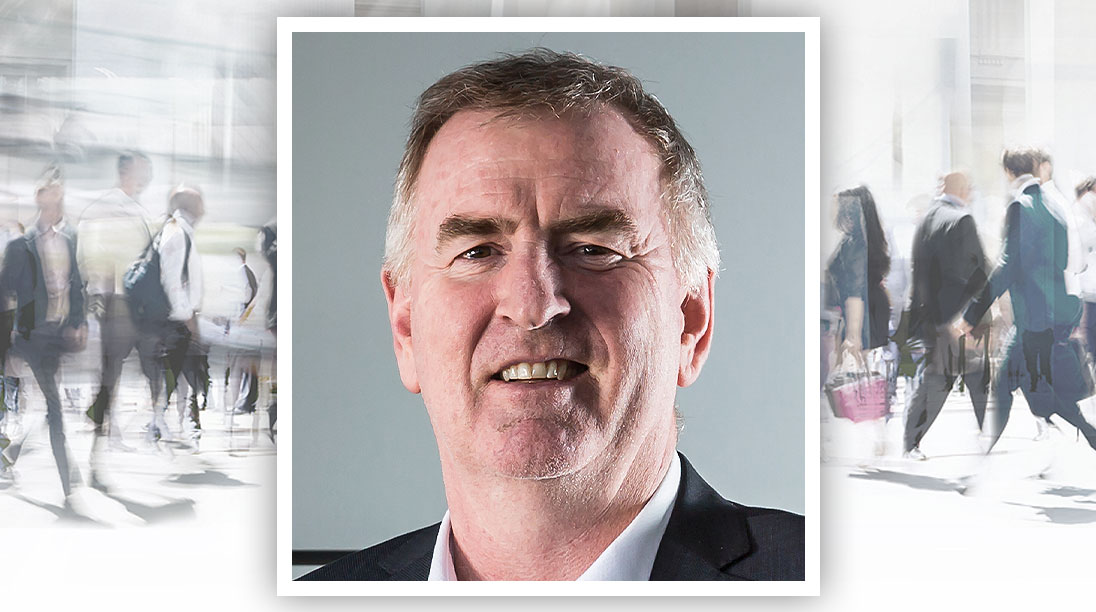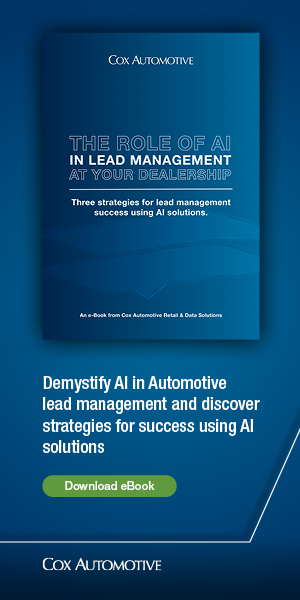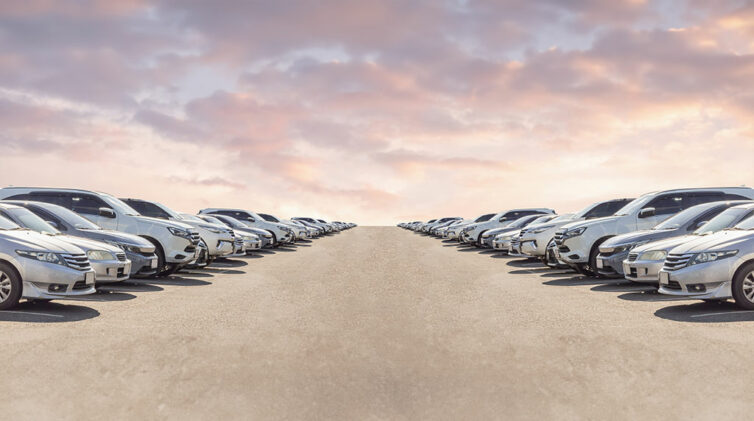HYUNDAI has moved to make its dealership network an intrinsic part of its Ioniq EV range expansion in a move away from a direct sales model that by-passed dealers
The move comes as Hyundai shores up its footprint in readiness for New Vehicle Emissions Scheme (NVES).
The South Korean brand previously only sold its Ioniq electric vehicle range through online channels, but there’s been a recent shift in the mindset of the business as it plots its path for a new sales mix and expanded electric vehicle range under the Ioniq sub-brand.
John Kett, Hyundai Australia chief operating officer, said the business learned plenty of lessons around what works and how its customers work with the Ioniq online buying experience.
“As we look forward into the vision of (Hyundai Motor Company) in terms of how broad the Ioniq nameplate will be used, going forward, it’s changed quite significantly over the last two years, and given that it’s going to play a greater role in the proportion of vehicles we sell as we get into 2027, 2028, 2029, we need the network to be viable, so they need a portfolio,” Mr Kett said.
“So in that regard, we launched online, we had this omni-channel view of online and offline. Things we learned were quite incredible,” he said.
“We think what we’ve learned through online (sales) is actually a tool that our network could use nationally. I mean, little things that we learned are that almost a third of our Ioniqs were purchased outside of Monday to Friday 8am to 5pm. So there’s a whole group of consumers who want to buy like that.
“We feel like if we bring scale to that across all of our portfolio, and dealers comply and expand their business at a lower cost in terms of what they would have to apply to the people-to-car ratio, so we’re working through the network there,” Mr Kett said.
The brand predicted that, based on the NVES framework, it should be aiming to sell an equal number of vehicles with three specific powertrain choices by 2030: 33 per cent internal combustion engine, 33 per cent petrol-electric hybrid, and 33 per cent electric.
“So one is NVES; two is the nameplate is going to get broader and broader, so our portfolio expands; and three, we saw the benefits of what online selling or omni-channel selling can bring to the overall business.
“I think when you talk to dealers, and they’re quite right, there’s some real stuff in cost of real estate and people-costs that have made their way into the business and we’d like to find a solution to maintain profitability for everyone,” Mr Kett said.
The Ioniq range currently consists of the Ioniq 5 SUV and Ioniq 6 sedan, while the brand also sells a fully electric Kona compact SUV. The brand is set to expand Ioniq with the Ioniq 7 large SUV, and the mooted Ioniq T10 electric ute. The ute is something that Mr Kett said he can’t wait to tell the world about, but he said there’s a focus on other parts of the business before an EV pick-up truck joins the Aussie ranks.
“If we’re fixated on it, we’ll miss the incredible opportunities that we’re bringing out today. And there’s a real chance for us to challenge some of the fortress brands, those brands that have been in the top three or four, start challenging them with the portfolio we have in the segments that we’ve got.
Mr Kett said the imminent arrival of up to a dozen new brands from China makes the industry “nervous”.
“(We will ) try and keep a distance from the turbulence that will come from those new entry brands because they’re disturbing price. But I think for us, our biggest concern is they are disturbing the share-of-mind that we can have on investors in our network, our dealer network.
“So one of the key jobs for us is to build a stronger relationship around the sustainability of growing volume with the Hyundai brand and recognizing that there is profit and value in that relationship. And don’t go searching for significant other, more front-end brands, because the reality is it spreads your resources and it diminishes your ability of customer service when we talk about the experience.
“That’s on us. We need to reclaim that competence from our network and we’re slowly getting there. I think that’s the biggest challenge,” Mr Kett said.
However, he said he has no delusions of being the number-one EV brand in the market, because there will continue to be EV-only marques, such as Tesla, that play that game on their own.
“Our ‘a third, a third, a third’ view of where we think we need to be by 2030, we won’t be number one if EV-only players are in the marketplace.
“We see ourselves as a top-three player and I think we exited April at sixth position, we’re sixth in HEV and fifth in EV – we’ve got to lift our whole business back up towards a minimum number three, so that’s where we want to get to over time.
“Then once our portfolio expands again we can restate it from there but we know we want to be a top-three player, and every time we’re not there, we get a little bit disappointed in our results,” he said.
Hyundai Australia sold 23,035 units through the first four months of 2024, with just 490 of those sales being the Ioniq 5 and Ioniq 6.
Both models are set to be updated soon, with a facelifted Ioniq 5 due in the coming months.
By Matt Campbell















 Read More: Related articles
Read More: Related articles

